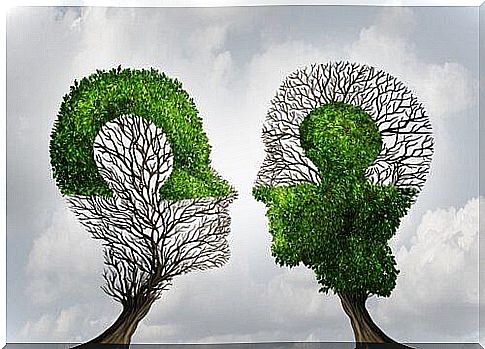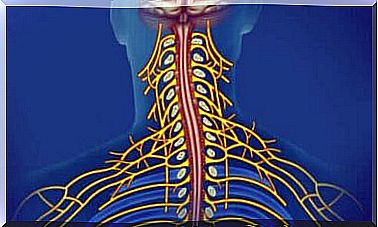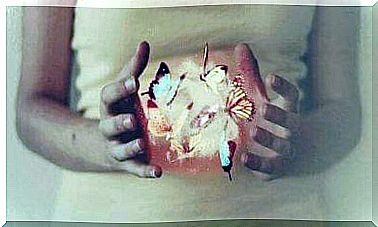Does Curiosity Make People More Intelligent?

What happens in our brain when something piques our interest? A scientific study was published in the journal Neuron , which shows that curiosity not only contributes to personal satisfaction, but is also related to a good memory and the ability to learn.
Nevertheless, this connection between intelligence and curiosity raises questions: While the former can be trained and measured in the form of the IQ, the latter is considered a personality trait. So how can we combine these two concepts?
There is no clear definition of intelligence
What exactly do we call intelligence? This is the first question we must ask ourselves in order to understand how curiosity affects intelligence. However, this question is not that easy to answer. On the contrary, intelligence is difficult to define because it encompasses many different meanings and areas.
Experts in this field agree that intelligence is a mental achievement that involves various skills. This includes the ability to argue, relate to reality and make plans. Intelligence also encompasses the ability to solve problems, to memorize something, to think abstractly and to draw knowledge from experience.

Another question also arises. If we strengthen some of the above skills, would we be able to increase our intelligence? This is one of the problems the study mentioned earlier deals with.
Curiosity improves memory
Inquisitive people can remember information better. At the same time, this means that it is easier to memorize information about topics that we are interested in than about those that interest us less. This is because curiosity is closely related to motivation. Our memory increases when we are motivated. An example should help to understand this better.
It is much easier for an animal lover to remember the Latin name for the primate species from which we are descended than for someone who doesn’t care about animals. In other words, curiosity can put the brain in a state that allows it to learn and remember, much like a hurricane that soaks up everything it sweeps over.
Let’s stay with the example mentioned. It stands to reason that an animal lover’s motivation to learn more about the animal world is very high. He wants to know more about it because animals are his passion. This motivation is intrinsic and a source of curiosity. Intrinsic motivation comes from within, and it means that we do things simply because doing them gives us fulfillment. They give us a sense of self-fulfillment and make us grow. Unlike extrinsic motivation, it does not require external stimuli such as B. Notes and money.

Your hobbies are probably the clearest examples of this type of intrinsic motivation. You ride a bike because it makes you feel good and you enjoy being outside. And it is similar with curiosity. You try something new because it enables you to learn about the things that interest you.
So we see that both curiosity and motivation are essential for the learning process. This is why it is so difficult for us to remember things that we are not really interested in. In this case, we are more likely to forget information that we had to learn after a few hours. Often they don’t even leave a trace in our minds.
“Intelligence is the ability to adapt to change.”
Stephen Hawking
What happens in the brain of curious people?
The team of researchers who carried out the aforementioned study discovered that the stimulation of curiosity and the accompanying awakening of intrinsic motivation exert a strong stimulus on the cerebral circulation, which is connected to the reward system.
In particular, brain activity is increased in three key regions of the cerebral cortex. These regions, in turn, are closely related to learning and memory.
- Nucleus caudatus: This region is closely related to the acquisition of new knowledge and the feeling of positive emotions.
- Nucleus accumbens : This nucleus plays an important role in the reward system and in the development of addictions.
- Hippocampus: This structure is essential for creating new memories.
So curiosity activates the reward system and the interactions between the reward center and the hippocampus seem to put the brain in a state where it is easier for us to learn and to remember information.
A better future
These conclusions have opened the doors to new strategies that could improve the learning process. Furthermore, not only curious people who enjoy the best of health benefit from these findings. They can also benefit people with certain neurological disorders. In practical terms, they reveal the importance of teachers stimulating their students’ curiosity. There is little point in spending hours teaching if the students are not interested at all. In the future, it will therefore be a question of developing this knowledge further in education. The same applies to the world of work. Curiosity is the key to success!









